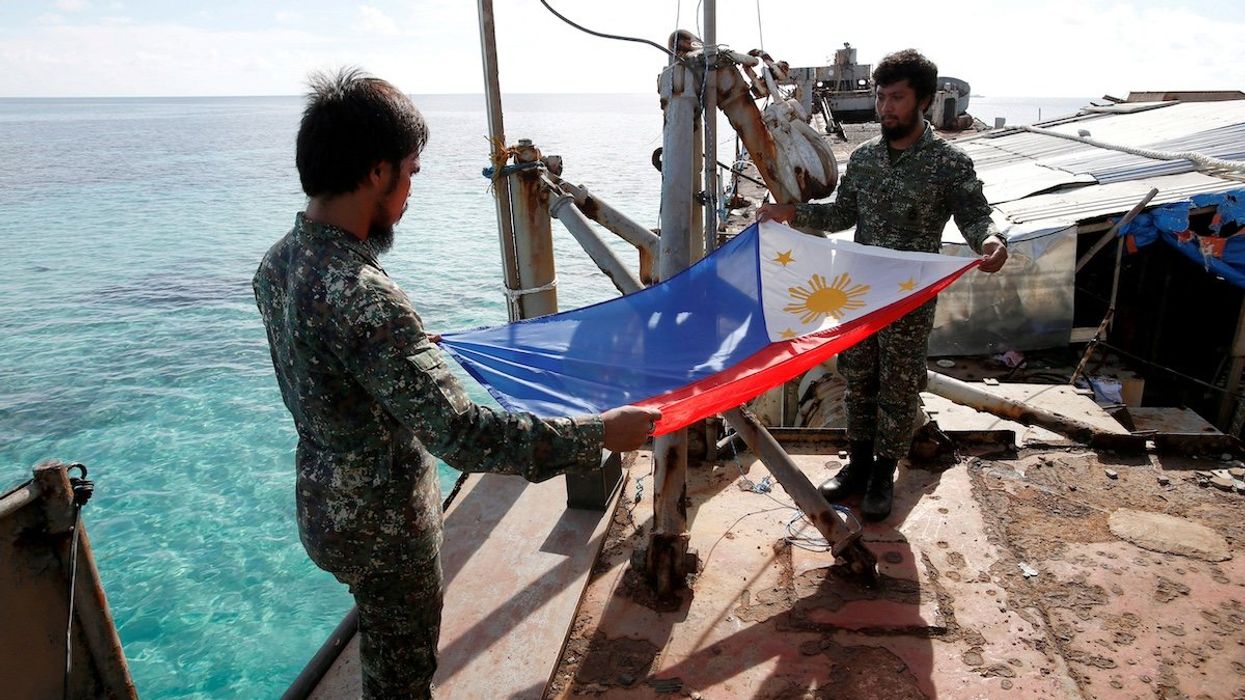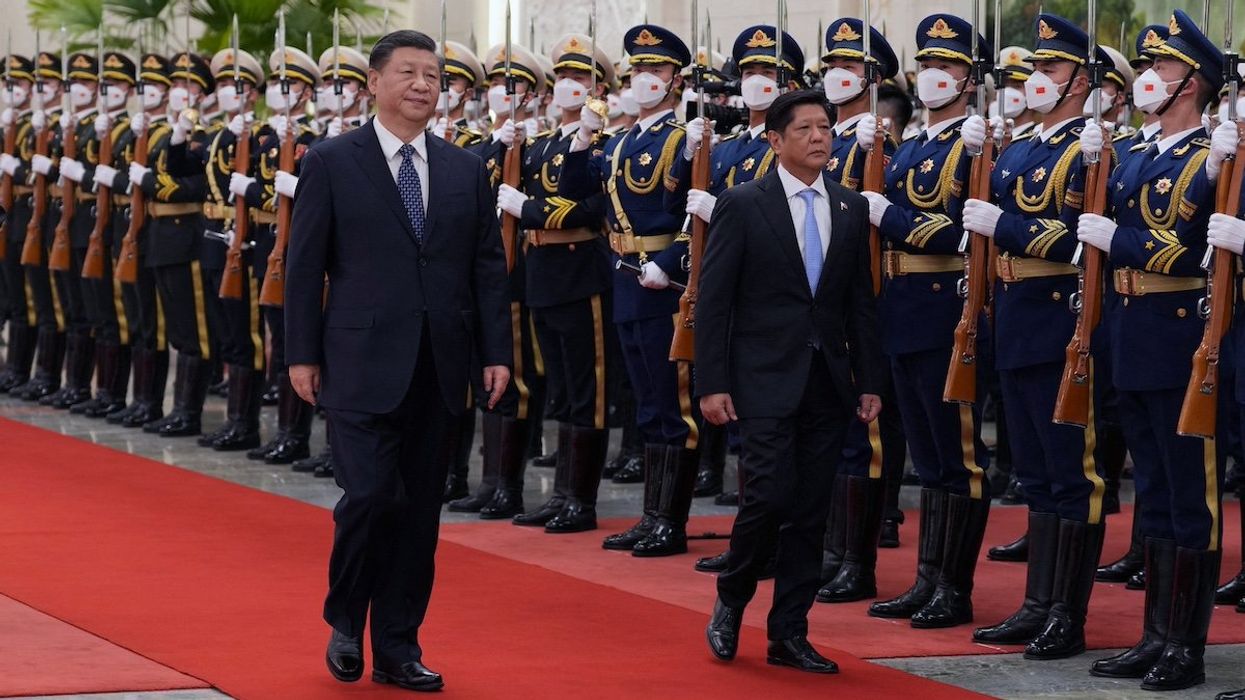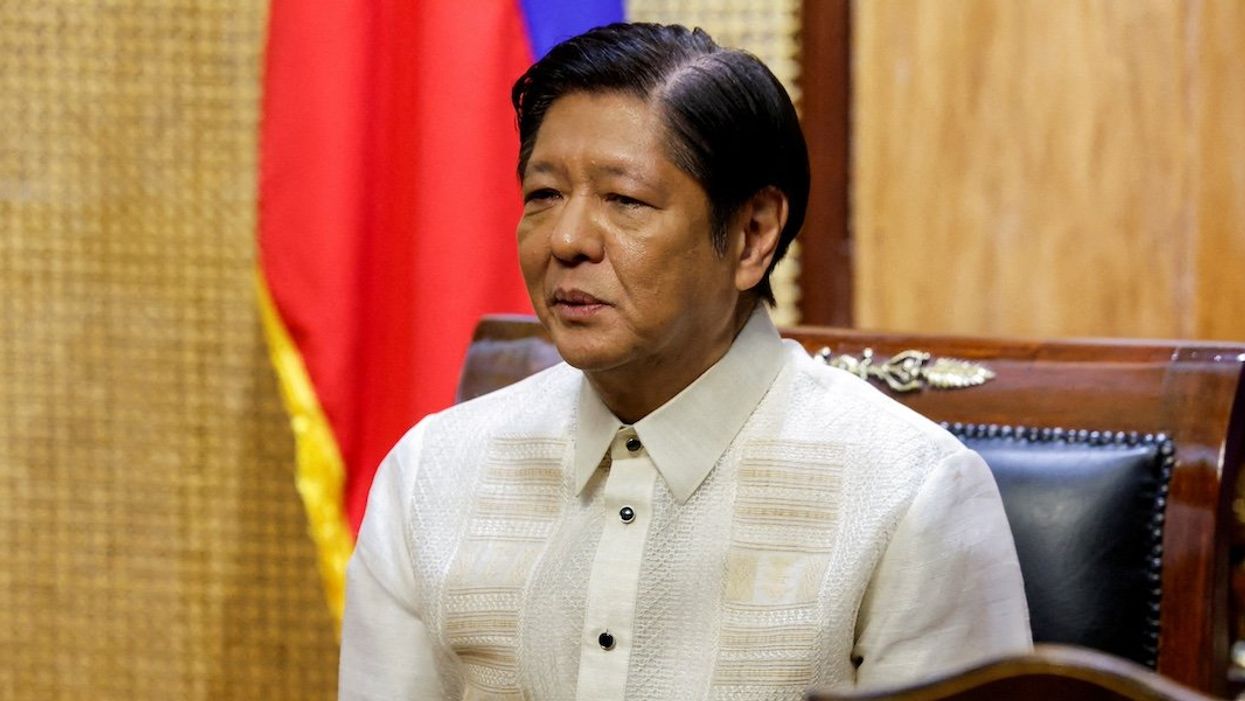What We're Watching
Philippines successfully conducts resupply through disputed sea under new deal
On Saturday, Filipino vessels carried food and supplies to the Second Thomas Shoal, a disputed atoll in the South China Sea that has been the source of severely strained relations with Beijing in recent months.
Jul 28, 2024



